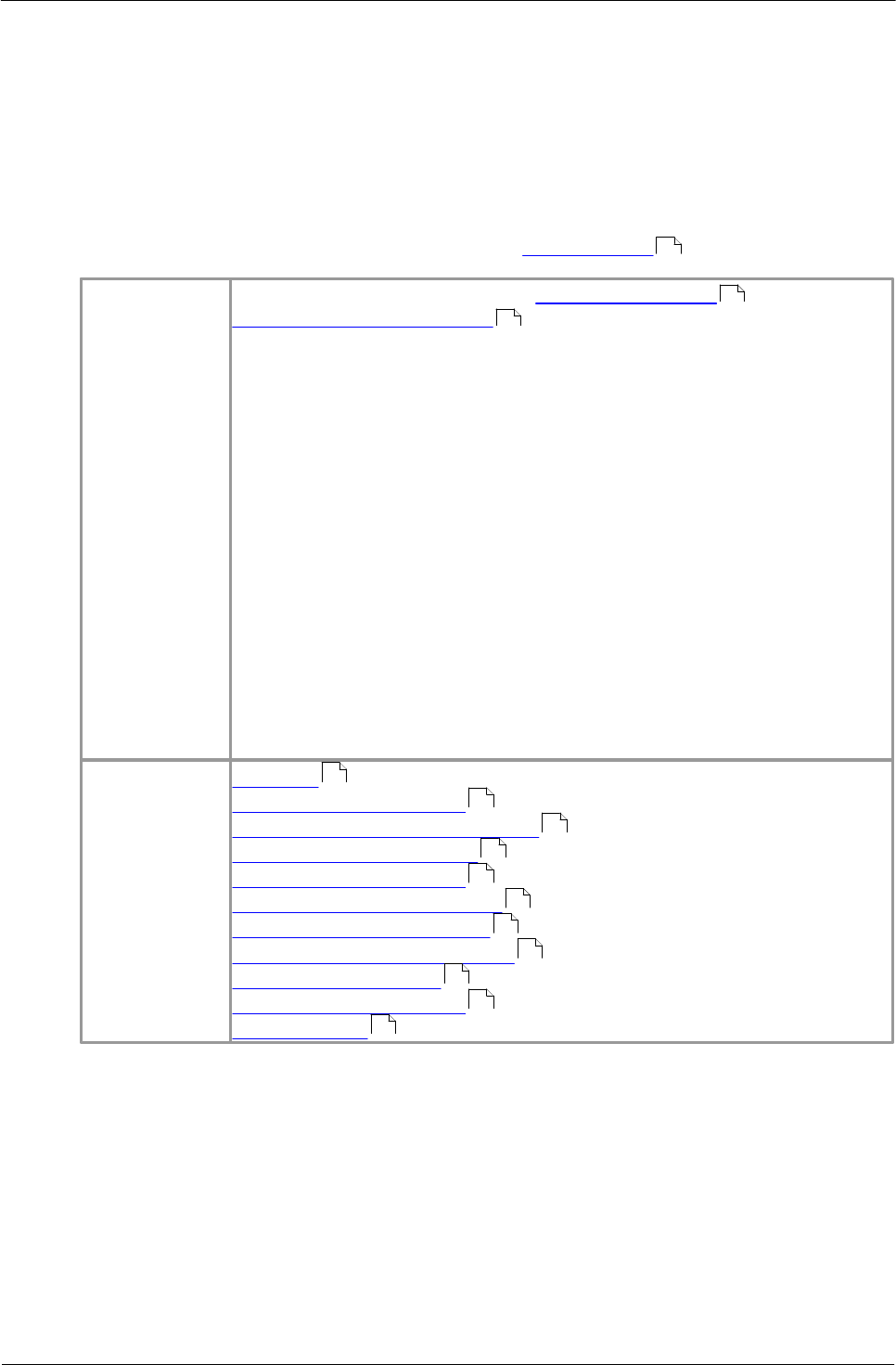User manual
Table Of Contents
- Introduction
- Getting started
- Writing your own software
- About the driver
- Installing the driver
- Connecting the logger
- Capture modes
- USB DrDAQ Routines
- Summary
- UsbDrDaqOpenUnit
- UsbDrDaqCloseUnit
- UsbDrDaqGetUnitInfo
- UsbDrDaqRun
- UsbDrDaqReady
- UsbDrDaqStop
- UsbDrDaqSetInterval
- UsbDrDaqSetTrigger
- UsbDrDaqGetValues
- UsbDrDaqGetTriggerTimeOffsetNs
- UsbDrDaqGetSingle
- UsbDrDaqOpenUnitAsync
- UsbDrDaqOpenUnitProgress
- UsbDrDaqGetScalings
- UsbDrDaqSetScalings
- UsbDrDaqSetSigGenBuiltIn
- UsbDrDaqSetSigGenArbitrary
- UsbDrDaqStopSigGen
- UsbDrDaqSetDO
- UsbDrDaqSetPWM
- UsbDrDaqGetInput
- UsbDrDaqStartPulseCount
- UsbDrDaqGetPulseCount
- UsbDrDaqEnableRGBLED
- UsbDrDaqSetRGBLED
- UsbDrDaqGetChannelInfo
- PICO_STATUS values
- Programming support
- Glossary

USB DrDAQ Programmer's Guide 19
Copyright © 2010-2011 Pico Technology Ltd. All rights reserved. usbdrdaqpg.en
3.5.10
UsbDrDaqGetValues
PICO_STATUS UsbDrDaqGetValues(
short handle,
short * values,
unsigned long * noOfValues,
unsigned short * overflow,
unsigned long * triggerIndex
)
This function is used to get values after calling UsbDrDaqRun .
Arguments:
handle: handle returned from UsbDrDaqOpenUnit or
UsbDrDaqOpenUnitProgress
values: an array of sample values returned by the function. The size
of this buffer must be the number of enabled channels multiplied by
the number of samples to be collected.
noOfValues: on entry, the number of sample values per channel
that the function should collect. On exit, the number of samples per
channel that were actually written to the buffer.
overflow: on exit, a bit field indicating which, if any, input channels
overflowed the input range of the device. A bit set to 1 indicates an
overflow. The least significant bit corresponds to channel 1. May be
NULL if an overflow warning is not required.
triggerIndex: on exit, a number indicating when the trigger event
occurred. The number is a zero-based index to the values array, or
0xFFFFFFFF if the information is not available. On entry, the pointer
may be NULL if a trigger index is not required.
Returns:
PICO_OK
PICO_INVALID_HANDLE
PICO_NO_SAMPLES_AVAILABLE
PICO_DEVICE_SAMPLING
PICO_NULL_PARAMETER
PICO_INVALID_PARAMETER
PICO_TOO_MANY_SAMPLES
PICO_DATA_NOT_AVAILABLE
PICO_INVALID_CALL
PICO_NOT_RESPONDING
PICO_MEMORY
14
11
23
37
37
37
37
37
37
37
37
37
37
37










